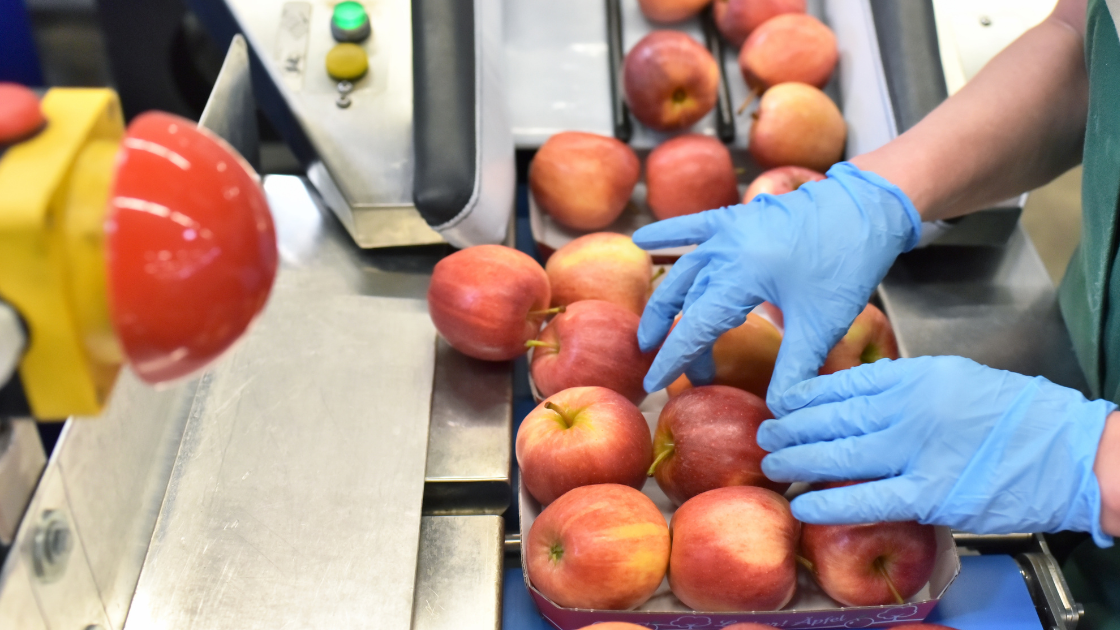By John Jamieson
A serious labour shortage is taking place across the globe and Canada is no exception. It did not happen overnight. The size of our labour force has been shrinking since 2000. A big reason for that is baby boomers, who were a large part of the workforce, have retired or are close to retirement. Add the migration from rural to urban centres and traditionally low wages for manual work, and it is no surprise that pre-Covid, the agricultural food sector already had the highest job-vacancy rate of any industry. The fallout from the pandemic goes beyond higher food prices.
Canada’s food system plays a major role in feeding not just ourselves, but the world. We are the fifth largest exporter of agri-food products in the world. Our food exports add over $55 billion to our economy. Nearly every farmer has a connection to exports one way or another. Even off the farm, one in four jobs in food manufacturing depend on exports.
Our exports help pay for our social and healthcare programs, so we must ensure that we have adequate labour to export our food products and maintain our food sovereignty. The latter is the ability for everyone along the food supply chain to make a decent living while supplying as much food as possible to Canadians.
Migrant workers also play a big part in our food system. There are simply not enough Canadians who are willing to do hard, physical work for low wages. Who can blame them? I worked in a fish plant from the time I was a teenager until I graduated from university. The plant had 350 timecards and each one of them belonged to a local worker. My take-home pay was $300 for a 72-hour workweek. Now, mostly migrant workers take on those tasks.
We have not done a very good job, as a society, of making people aware of the dignity and importance of working in the food system. In addition to manual labour, our agri-food sector today is also based on science and technology. Jobs in agronomy, engineering and veterinary medicine offer competitive wages and career paths.
We need to think about creative solutions to the labour shortage in our food supply chain, there is no silver bullet to fix the situation overnight. However, the Canadian food system is resilient. I am confident it will continue to provide the products that we have come to expect in grocery stores. There may be some short-term challenges, but our food system is able to pivot, adapt and will continue to provide what Canadians need.
In the months to come, we will hear about many possible solutions in the media, like new policies on immigration, labour, food management and exports. We all have a duty to take an interest and seek out credible information.
The answer to the labour shortage will ultimately be a united effort across sectors and industries that will have a direct effect on not just farmers and food producers, but on all of us, because the labour shortage will affect what food is put on our tables.
John Jamieson is the president and CEO of the Canadian Centre for Food Integrity


